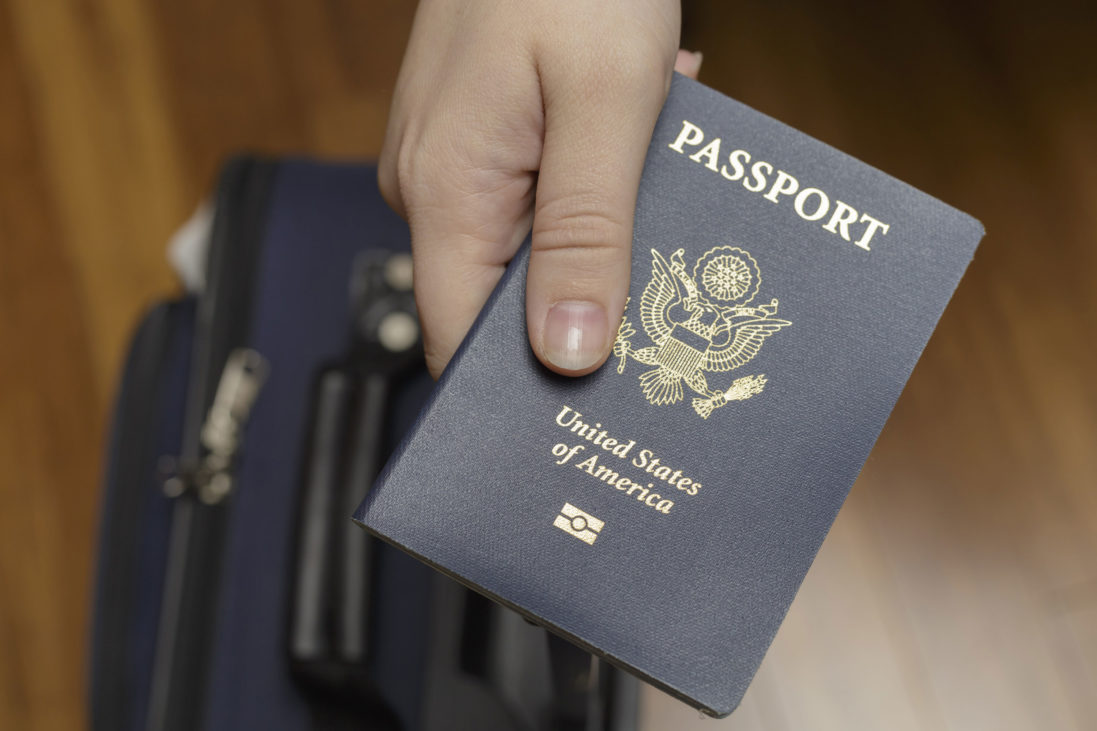
April 12, 2023
The Customs and Border Protection (CBP) agency recently proposed to amend 19 CFR part 122 to incorporate additional commercial carrier requirements that would enable CBP to determine whether each passenger is traveling with valid, authentic travel documents prior to the passenger boarding the aircraft.
But NBAA explained in a written response to CBP that the proposed alignment of non-scheduled stakeholders with airline processes and systems could have unintended consequences and a disproportionately negative impact on non-scheduled operators.
Read NBAA’s full comments to CBP.
The proposed regulations also would require commercial air carriers to transmit additional data elements through the Single Syntax Advanced Passenger Information System (APIS) for all commercial aircraft passengers arriving, or intending to arrive, in the United States in order to support border operations and national security and safety. The proposed regulations include changes to conform existing regulations to current practice.
Finally, the proposed regulations would allow commercial carriers to transmit an aircraft’s registration number to CBP via APIS.
“This NPRM, proposing to add yet more burden on the unscheduled community is unacceptable, especially since we have partnered for years with the program managers of GA to build and implement something that makes more sense and provides a solution that is best for CBP as well as unscheduled operators, and that is Single Syntax (XML Schema), currently utilized for private APIS since 2009,” said Laura Everington, senior manager of government and industry affairs at Universal Weather and Aviation. “Unscheduled flights are not anything like the airlines at all, private and charter flights are handled the exact same way as far as the interaction and transaction with CBP for arrivals and departures as we do not utilize reservation, ticketing and check-in processes like the airlines.”
While the proposed rule seeks to modernize and streamline the APIS and travel document validation process for scheduled airline operations, it may have unintended and harmful consequences for the diverse group of non-scheduled stakeholders, NBAA wrote.
“While NBAA appreciates the CBP’s effort to establish secure borders, just as not all air carriers are the same, a one-size-fits-all solution is not appropriate for the sector,” said Brian Koester, CAM, NBAA director of flight operations and regulations. “Single Syntax is the best pathway for non-scheduled commercial air carriers to safely, securely and efficiently determine if passengers are clear to cross the nation’s borders.”


 International Business Aviation Council Ltd.
International Business Aviation Council Ltd.